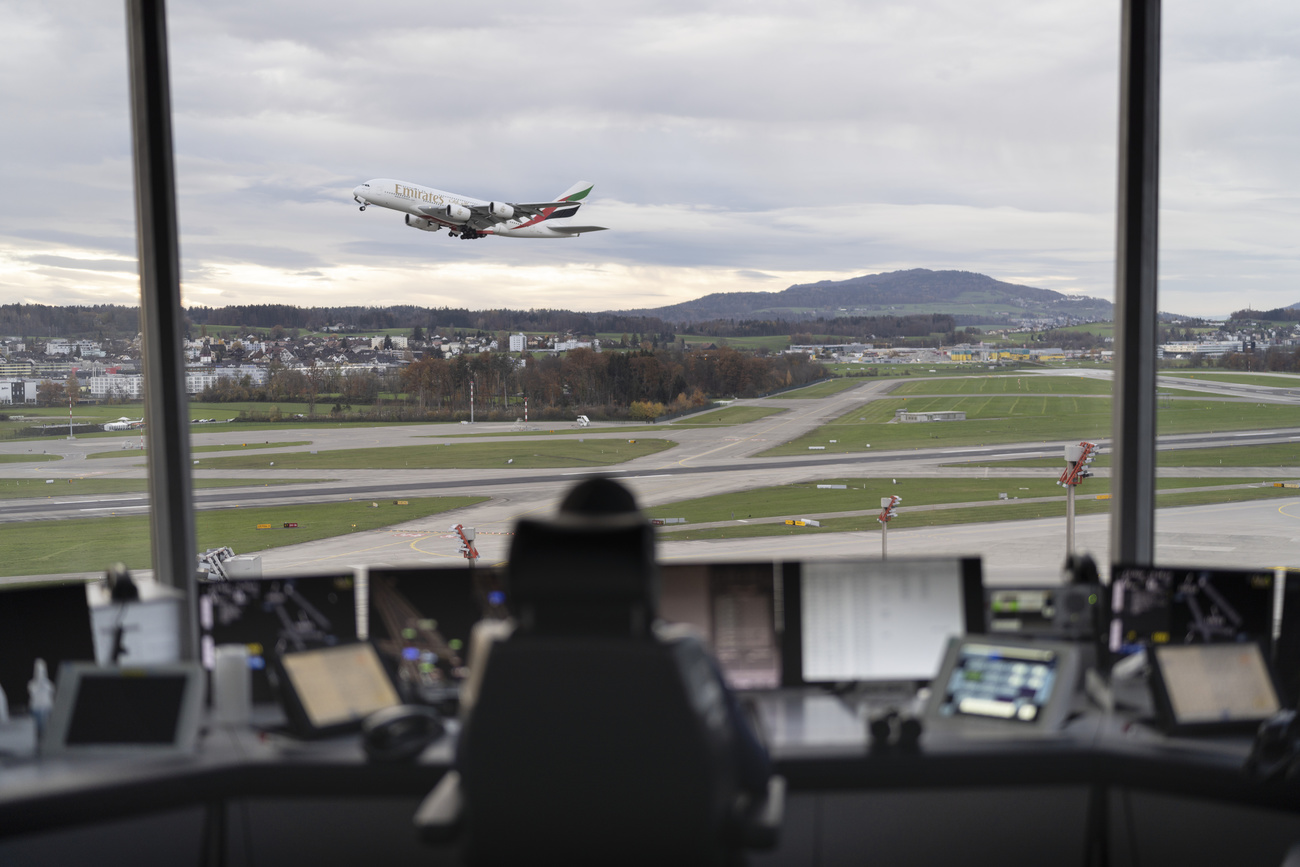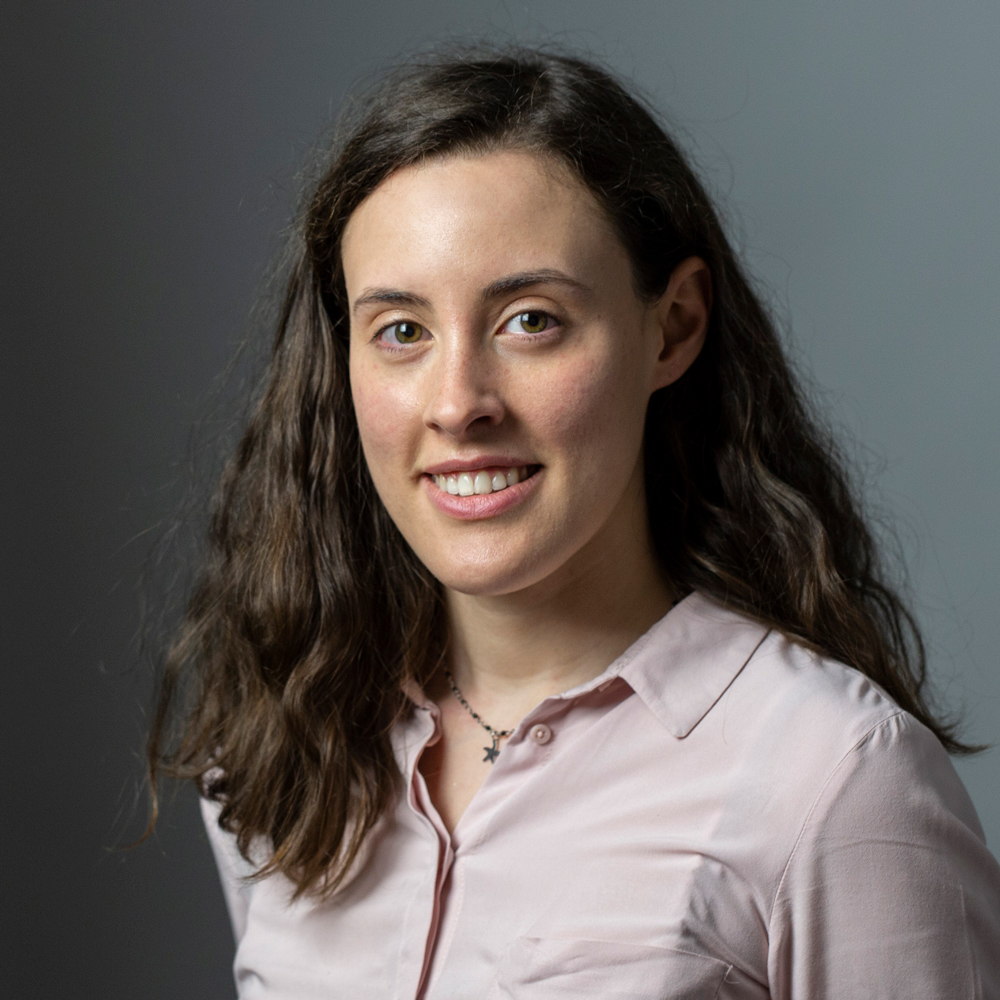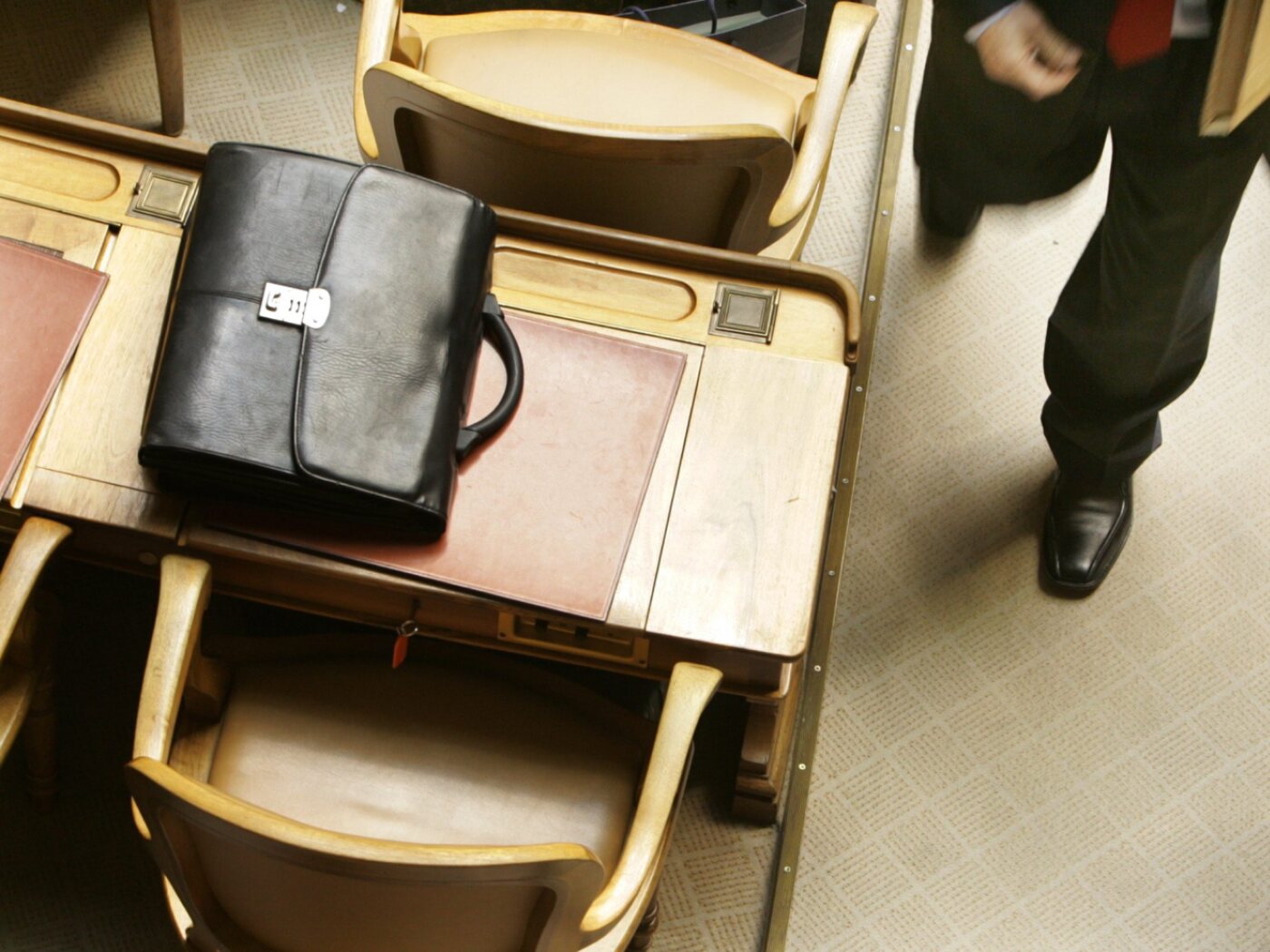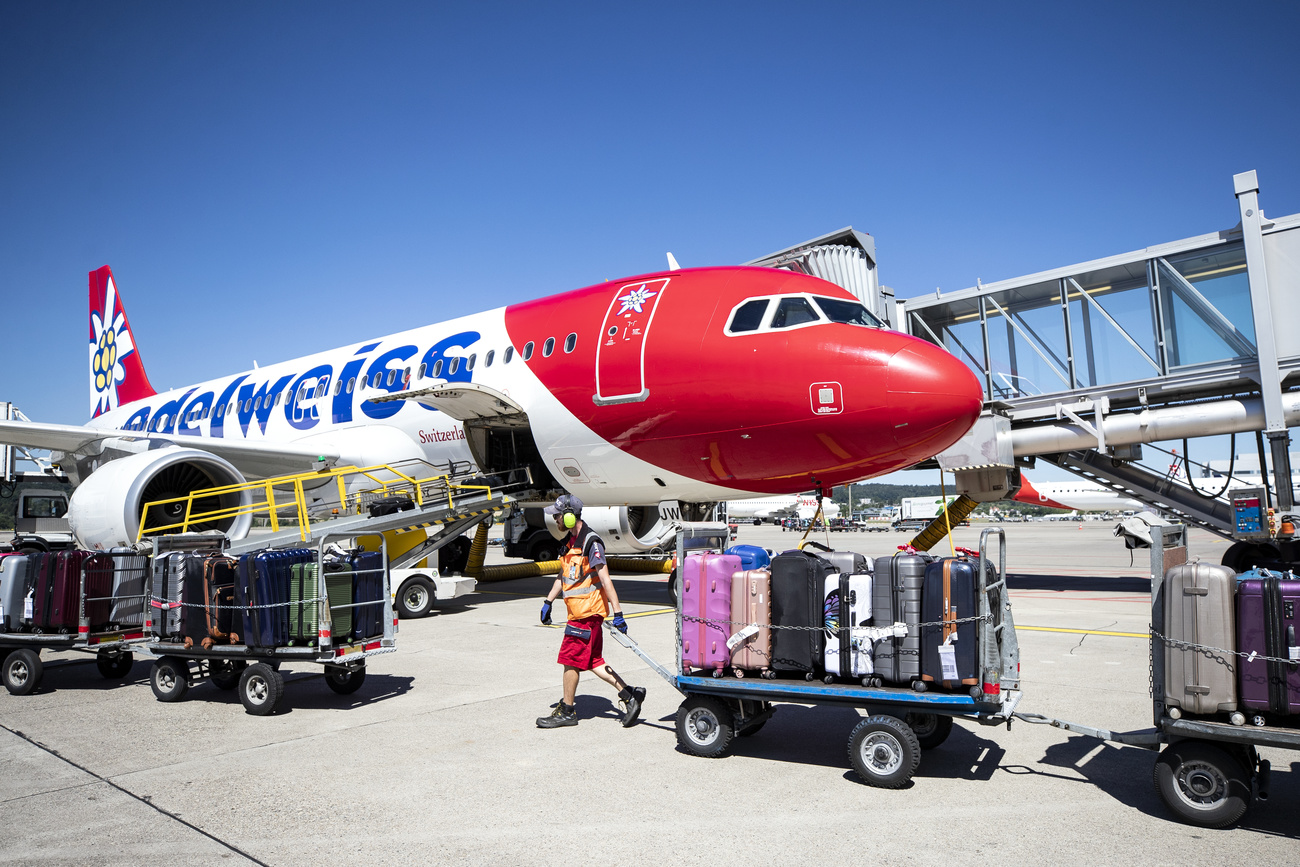Zurich Airport may extend runway towards Germany

For decades, German communities have been arguing with Switzerland about aircraft noise from Zurich-Kloten Airport. Now two runways are to be extended. Baden-Württemberg fears even more noise.
Zurich Airport has been given the green light to extend two runways to the west and north towards the German border. The Zurich cantonal parliament voted in favour of the project by a narrow majority on Monday. Runway 32, which is now 3,300 metres long, is to be extended by 280 metres in a northerly direction. The German village of Hohentengen on the High Rhine lies about 13 kilometres further in this direction. Parliament expects opponents of the project to push through a referendum.
The government of Baden-Württemberg is against the project. “We fear that the number of take-offs and landings per hour will increase,” said Edgar Neumann, spokesman for the Ministry of Transport in Stuttgart. The airport operator, on the other hand, writes: “There is no connection between runway length and capacity.” The citizens’ initiative on the air traffic congestion in the High Rhine region doubts this: “A major investment with no influence on the resulting business result?” it writes sceptically when asked. According to their reading, the runway extension is part of a larger expansion project at the airport.
According to the airport, nothing will change for the residents of Hohentengen during the day on approaches to runway 32 from the north. The touchdown point on the runway remains the same, and so does the altitude of the landing aircraft over German territory.
+Air traffic picks up at Swiss airports
However, the runway is to be used more for take-offs of long-haul aircraft in the morning and evening. At present, these aircraft still take off from the longer Runway 34 during off-peak hours, which affects Hohentengen less. However, the aircraft have to cross the transverse east-west runway 28 on their way to runway 34 and during take-off. With a view to more take-offs on runway 32 towards Hohentengen, the airport operators write: “Flight operations can be handled more punctually, especially in the evening, which means more night-time peace for the population.” Andreas Hasler, President of the Commission for Energy, Transport and the Environment in the cantonal parliament, admitted in June: “In the northwest and northeast, the area exposed to noise is increasing due to the increased use of Runway 32.”
German residents, municipalities and the governments of both countries have been arguing about noise pollution from Kloten Airport for decades. A negotiated state treaty was rejected by the Swiss parliament and the German Federal Council in the early 2000s. Among other things, it contained a limit on the number of arrivals and departures over German territory. Germany then unilaterally decided on overflight restrictions at night. The airport is therefore changing arrivals and departures at these times. Whereas during the day, landings are predominantly from north to south and take-offs from east to west, during German rest periods it is the other way round: landings are from east to west and take-offs from south to north.
The airport operator argues that fewer disruptions occur during operations in the German rest periods with the runway extensions. At present, some aircraft cannot land on the short Runway 28 in certain weather conditions. If it were extended by 400 metres to the west, they would no longer need to switch to a southern approach. This always restricts departure operations, leads to delays and flight operations after 11pm, he said.
The Ministry of Transport in Stuttgart is not convinced. It “is to be feared that in daily air traffic practice the noise of the departing aircraft will come closer to the district of Waldshut and in particular the municipality of Hohentengen, and possibly also to the other districts in southern Baden,” it said.
More
This news story has been written and carefully fact-checked by an external editorial team. At SWI swissinfo.ch we select the most relevant news for an international audience and use automatic translation tools such as DeepL to translate them into English. Providing you with automatically translated news gives us the time to write more in-depth articles. You can find them here.
If you want to know more about how we work, have a look here, and if you have feedback on this news story please write to english@swissinfo.ch.

In compliance with the JTI standards
More: SWI swissinfo.ch certified by the Journalism Trust Initiative





















You can find an overview of ongoing debates with our journalists here . Please join us!
If you want to start a conversation about a topic raised in this article or want to report factual errors, email us at english@swissinfo.ch.